I found myself trying something new this past weekend that I had never done before; playing a gig without doing ANY fills. What a challenge! I felt the need to try it out while reading an interview with bass legend Andrew Gouche in the most recent issue of Bass Player Magazine. Within the first page of the article the interviewer, Jon D’Auria, asks Gouche what the most challenging elements of his new gig (Prince’s bass player!) have been. Check out the first part of his response:
“I have my own style and I do my thing, so the biggest challenge personally is to play these songs exactly as they are on the records.”
I instantly related to what he was saying. Quite often, be it on a cover gig or a church gig, or even when I’m subbing for another player or performing as a sideman, I wrestle with this challenge all the time. Not that I’m incapable of it, I just like to take some liberties with the parts EVEN when they have been incredibly crafted and executed on the recording. Always within reason, of course 🙂
When I’m learning someone else’s material I always start with the recording; the groove stays the same and if it’s an important bass line then I learn it verbatim. I couldn’t imagine trying to play “Green Eyed Lady” or “Low Rider” by ditching the original groove/line. Once I’ve got that down I’ll listen for some cool runs or fills that the player used to transition into the chorus or solo, and if it’s really hip I’ll cop it into as many songs as I can (you can find trace amounts of “Shining Star” in almost ever funk groove I do)!
But once I got the tune down, and I begin to play it on my own or with the band, it begins to change. I almost said “evolve,” but that’s not really true because it’s not really getting “better” than the original line, it’s just becoming personalized. I’m putting my fingerprint on it because I personally love it when I hear someone else’s interpretation of a tune that we all know.
So a bit of Mr. Gouche’s words resonated with me in that remark, that it was a challenge for him to NOT do that. And for good reason too; I know quite a few people who have worked with Prince, and he is a Nazi when it comes to performing his music the way he wants it. And that’s not a bad thing either, because it was done so well! I’ve certainly been in that situation before, where the artist dictated my every move and nuance, and it certainly helped me to grow as a player. It gets you out of your headspace and into another’s, and that’s a great place to be for learning!
Here’s the part that got me though; the very next statement that Gouche makes in his interview is this: “There’s no embellishments at all; I have to play through every song with no improvisation, so I can’t put a lick at the end of eight bars with that music. I played the two shows this weekend and never played a bass fill once. That is a gigantic achievement for me.”
At First I thought, Hm, that seems easy enough. No embellishing. No Improvisation. No licks. No fills. Seems kinda boring. But I know better than to judge the level of difficulty on its surface; I needed to put it to the test. So this past weekend while I was playing in the worship team at my church I decided to give it a try. Saturday night was our first service and I decided I was gonna try to do it. No embellishing. No Improvisation. No licks. No fills. Just play the song.
Even though I made this conscious decision to robot my way through the song, I got about 1 bar into the intro before my hand added a passing tone between the first two chords. WHAT? That was weird; it happened almost like a reflex, as if I were blinking. I didn’t tell myself to do it! My ear heard it, and my hand is pretty used to doing what my ear tells it to do, and so it happened. Okay, I thought, I just gotta try to focus a little harder. That’s all. So we enter the verse (and this is the first song of the set, by the way) and everything is going fine. No problems yet. I start getting comfortable with the tune and the feel of the band, and before I know it I motion for an obnoxious gliss up an octave and come crashing into the chorus – my go to for building up the prechorus.
Except that was an embellishment. I was supposed to just pedal one note, not slide into the octave. Uh oh. This is gonna be harder than I thought.
The more I played the more I started to realize that I was having a hard time controlling myself. My ears and my hands naturally wanted to react the way that they always do, and it was literally a workout trying to restrain them to this new way of thinking. My hat’s off to Andrew Gouche for making it through “two shows this weekend and never playing a bass fill once.” I couldn’t make it through two songs! And we had one service Saturday night, three Sunday mornings AND a Sunday evening.
Now here’s the thing, am I advocating that you should play like a robot all the time? No. Should you only try to copy someone else’s voice and not find your own? Of course not. No embellishing? No Improvisation? No licks? No fills? Absolutely not. All I am saying is that this is something else you should consider practicing:
Restraint.
We practice scales and timing, arpeggios, techniques, songs; all sorts of things in our practice time that makes us into a better player, or at least the player that we dream of becoming. But here’s the thing – we (I say “we” but I really mean “I”) need to make sure that restraint is something we practice too. Self control. Look at Bruce Lee; a man who was so in control of his own body that he could control others with it. That’s pretty cool!
And it’s easy to practice restraint in the room when it’s just you and your bass. But when you have an audience that you’d like to entertain, when you have other players that you’d like to impress, when you have other things on your mind I find that it becomes harder and harder to focus on restraint.
So I’m not saying to do this all the time, but I recommend you give it a try. Next bar gig, band rehearsal, church or wherever; just try to play “boring” and see if you can do it. It’s harder than you think!




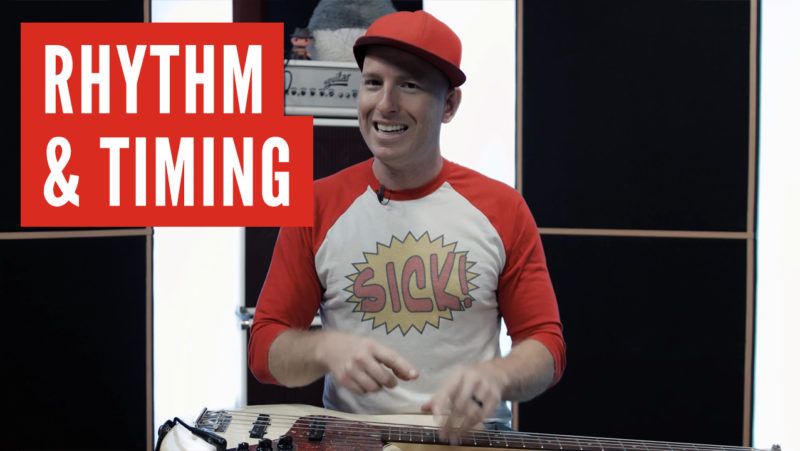
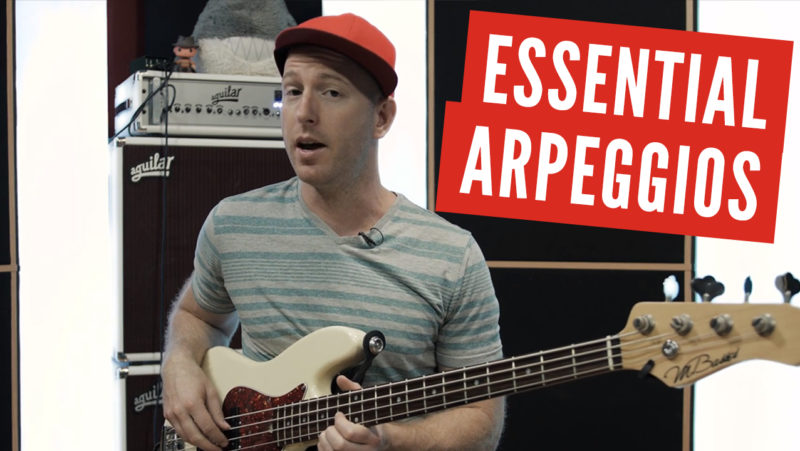
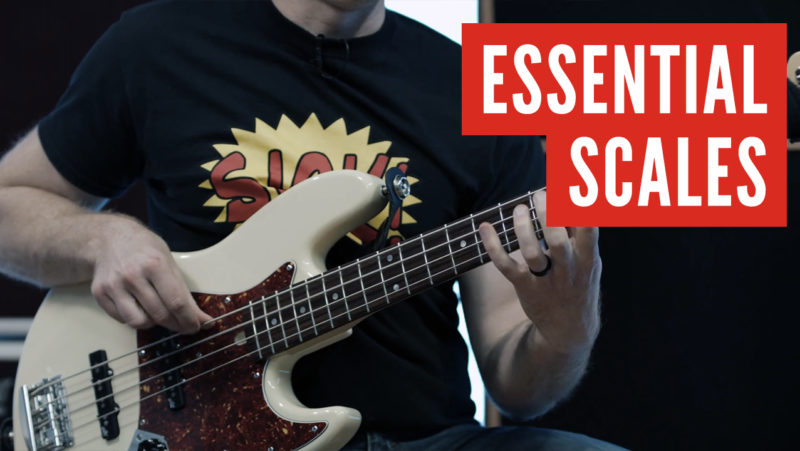
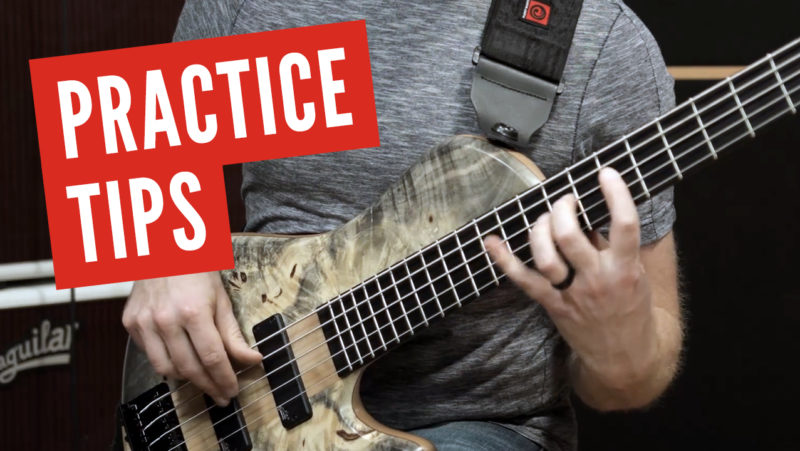
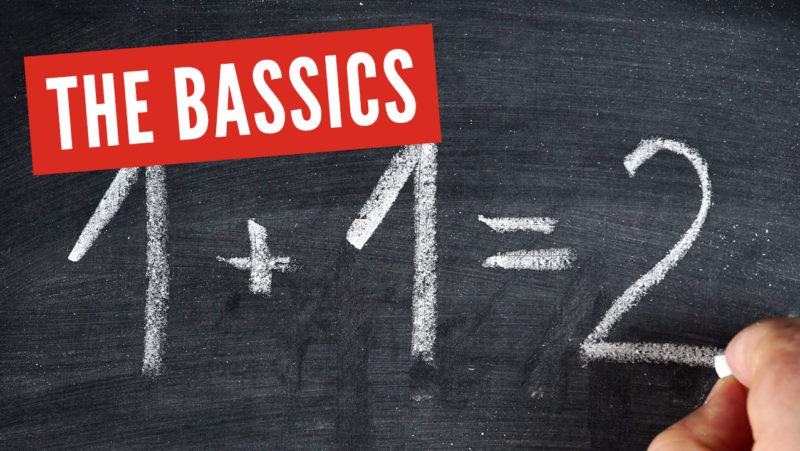
Matt Lawton
I’m gonna try it out on tonight’s gig, I’ll let you know how I get on Jamie, I think it’s going to be a challenge!
Jayme
so how did you fare Matt?
Jason Karpf
Jayme–
This post got me right where I live! A good assessment of musical discipline and making sure we focus first on our contribution to the music as a whole.
Jayme
thanks Jason, I’m hoping that it hits home for a lot of bass players out there. We tend to all have the same problem haha.